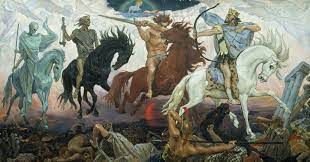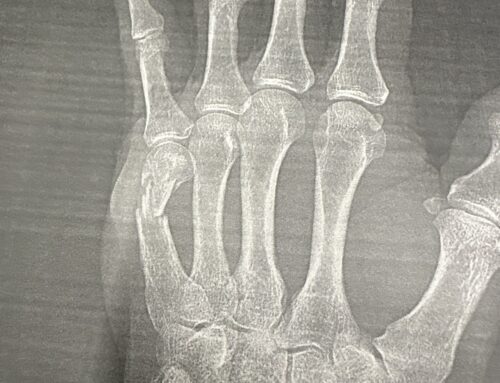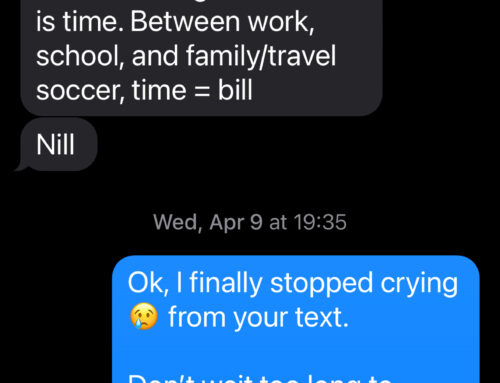
TN50#112, The 4 Horsemen Are Coming for You, pt 2, 17 April 2023
Hi Team,
Happy Monday and welcome to The Next 50 #112. I like to think of personal performance in 3 buckets: physical, mental and emotional. This blog is my sandbox for sharing little tidbits of information that you might find useful regarding those 3 domains.
I had a few readers reply with a, “yes, please” regarding continuing with the 4 Horseman summaries so today we’ll focus on the second largest body count and one of the 2 sneaky horsemen, Cancer. So why do I call cancer one of the sneaky horsemen? Because often times when a person finds out they have cancer it is so far along that it ends up killing them. Like the bumper stickers say: Cancer Sucks. We all know a few people who have been visited by this nasty disease. President Nixon declared a war on cancer back in the early 70’s with a calendar-based goal to find the cure by our nation’s bicentennial celebration in 1976. We have had some victories in the last 50 year; unfortunately, the war continues.
One of the confusing things with cancer is that cancer really isn’t one disease; there are over 200 variants with a common characteristic of “an uncontrollable proliferation of cells that ignore the bodies signal to stop”. Four cancers make up about 50% of all cancer related deaths: lung, prostate, colorectal and breast cancer. This is probably why Peter Attia titled his chapter on cancer in his new book, Outlive, “The Runaway Cell”.
Dr. Attia started his career in medicine with the goal of being a Surgical Oncologist, now he is a longevity doctor, his goal is to add 10 to 20 years of quality life span to his patients. Cancer can throw a big wrench in that plan. You can read all about the how’s and the why’s in Peter Attia’s new book, Outlive, Chapter 8, The Runaway Cell. This chapter is all about these rouge cells. Still don’t have the book? I’m not sure what you are waiting for but I’ll give you Dr. Attia’s 3-part common sense strategy for dealing with cancer.
- Avoid getting cancer for as longs as possible. OBVIOUSLY, eating better, sleeping better and moving better are all useful in keeping some cancers at bay. Avoiding environmental related carcinogens falls into this category as well
- Detect cancer as early as possible, a good example of this is the colonoscopy. A colonoscopy gives the doctor a chance to identify and remove any polyps they find in your colon. All polyps are not cancer, but colorectal cancer (CRC) always starts as a polyp; IMO this is a no brainer especially since CRC is the 3rd deadliest cancer in the United States. There are other new technologies discussed that offer the hope of catching cancer early when cancer may be easier to treat.
- Use the “newer and smarter treatments targeting cancer’s weaknesses, including the insatiable metabolic hunger of fast-growing cancer cells and their vulnerabilities to new immune-based therapies” (pg. 145)
To think that we might have a cure for all varieties of cancer is a great hope for the future; until that day arrives, following Dr. Attia’s 3-part strategy is a no brainer.
Please allow myself, to repeat myself from 2 weeks ago. In my opinion, the chapters on the 4 Horsemen are worth the price of the book, Outlive.
As always share the post with your team or anyone who might find it useful and let me know what you think!
Have a good one, Alex
PS. If you have friends who might enjoy this type of content, forward this email to them and include me on the email as a way of introduction!



